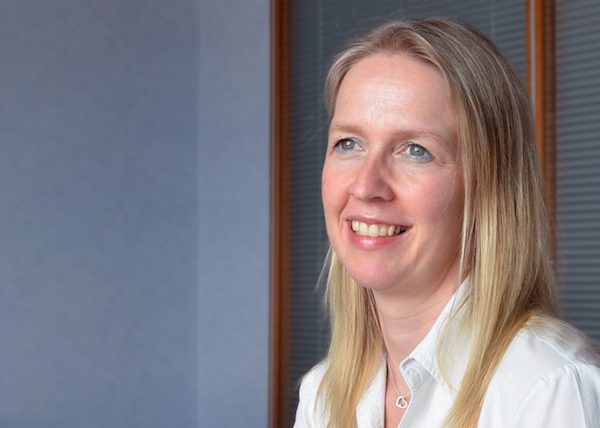Forgetting the taper may be wishful thinking for those of us in the pensions world but most of the general public (NHS aside) may be blissfully unaware.
It was therefore a little surprising that in their November pension schemes newsletter HMRC stated “We know that scheme members are forgetting to declare details of their annual allowance charge on their Self Assessment returns.”
Do HMRC really believe people are simply “forgetting”? This would imply that the infamous “man in the street” knows all about the annual allowance in its many forms and quite possibly the intricate details of carry forward too.
The point of the newsletter item was to ask scheme administrators to remind those members who have exceeded their annual allowance for 2018-2019 (after using any available carry forward) to declare it. There was no guidance on how scheme administrators are meant to identify who these members are – probably because it’s simply not possible.
In terms of pension savings statements, providers are only required to send them to members who have contributed more than the £40,000 annual allowance to that scheme, and to those that have contributed more than £4,000 where the provider knows the MPAA has been triggered.
However, members with annual allowance charges may include those who have exceeded the annual allowance across a couple of schemes (but not in any one scheme), members that have triggered the MPAA in one scheme but not told other schemes (and put in more than £4,000), and the biggy – those that have exceeded a tapered allowance.
The complexities of the taper mean that even occupational schemes where the scheme administrator may have access to individual’s earnings information, still won’t know what other investment income they have and therefore will not know if their annual allowance would be tapered, or to what extent. For personal pensions away from the workplace, the administrator has no chance.
On a number of occasions I have heard advisers tell of new clients who arrive in their office blissfully unaware of the tapered annual allowance. The adviser then goes on to identify a liability, often dating back to 2016-17 as well as 2017-18, so the client has already missed two self-assessments where the charge should have been reported. This is nothing to do with people forgetting - they simply knew nothing about it.
Of course, had they known, they may have been able to take some action to avoid the charge in the first place.
It will be interesting to see how the Tories promised review of pension tax incentives pans out, and whether they come up with a real solution to the tapered annual allowance, rather than a workaround exclusively for senior clinicians in the NHS. Of course the simple solution would be to scrap it altogether as a thoroughly bad idea.
Even if this was balanced out with a lower annual allowance for all, this could be a more palatable option than the current complexities.
Lisa Webster is senior technical consultant at AJ Bell

